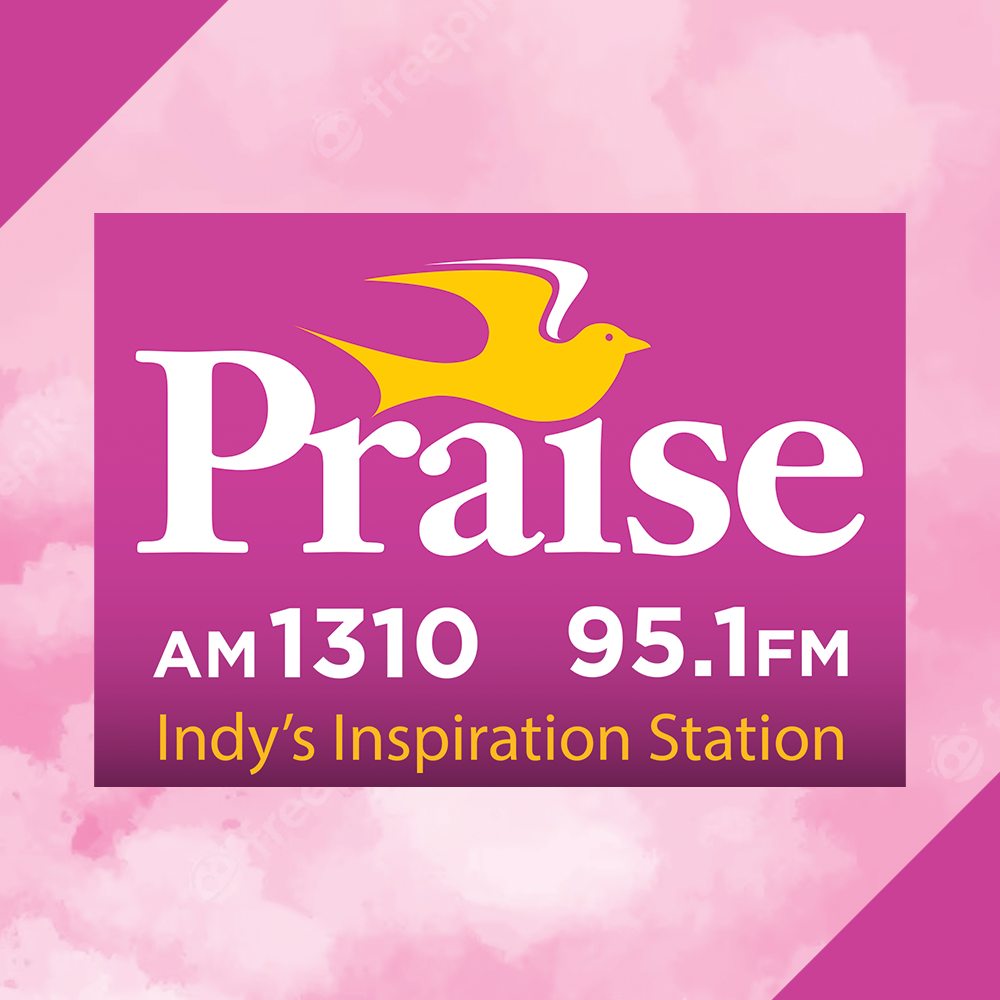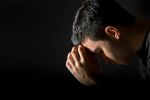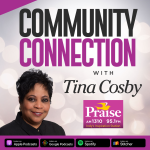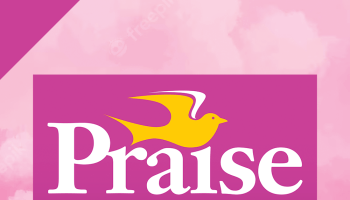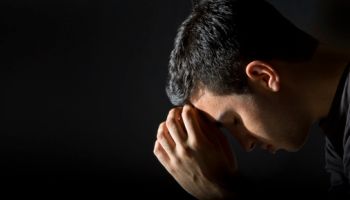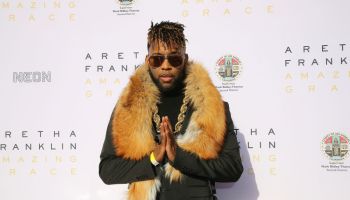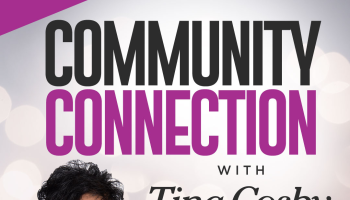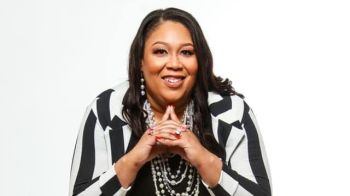EXCLUSIVE – 1ST PERSON REPORT: It was one of the honors of my career to meet living world history. Archbishop Desmond Tutu, Nobel Peace Prize winner for his efforts at ending the brutal apartheid system in South Africa and bringing real democracy to that country was in Butler University’s Clowes Hall to speak and hear that Indianapolis would be the home to the Desmond Tutu Center. I was humbled that Butler University’s President James Danko asked me to participate in this history making event as Master of Ceremonies. During the program, Light of the World Pastor Dr. James Hampton, joined Temple Beth-el Zedek Rabbi Emerita Sandy Sasso and Rev. Dr. Lewis Galloway of Second Presbyterian Church as interfaith participants in the program. The Indianapolis Children’s Choir wowed the over 2,1000 in attendance by singing three South African songs in Archbishop Tutu’s native language. The energy provided by the choir energized the freedom fighter as he regaled the audience with a homily that involved humor, playfulness and seriousness as he talked about the struggle in South Africa and related that to Christ’s teachings. A major reason for Archbishop Tutu’s visit was the announcement by Butler President Danko and Christian Theological Seminary (CTS) President Rev. Dr. Matthew Myers Boulton of the joint creation of The Desmond Tutu Center—North America’s first and only academic center named for Archbishop Emeritus Tutu. The center will focus on leadership development in social justice and reconciliation, international relationships, and interreligious and community bridge-building. South African cleric and anti-apartheid activist Allan Aubrey Boesak, a longtime friend of Archbishop Emeritus Tutu’s, and the Desmond Tutu Chair for Peace, Global Justice, and Reconciliation Studies at Butler and CTS, will serve as the center’s first director. The Dungy Family Foundation is a founding partner of the center. The mission oif the Tutu Center is to honor the Archbishop Emeritus’ legacy of justice and reconciliation, Boesak said, “making it vivid and accessible to people around the world and generations to come.” Guided by this mission, the center will focus on the following efforts:
- Initiate and encourage vigorous scholarly engagement through research and exchange, to broaden and deepen discourse on global issues.
- Engage local religious communities, community organizations, and academic institutions, as well as those committed to issues of peace and justice in our communities and across the world, in endeavors toward understanding, peace, and justice; and create opportunities for these groups to share, learn, teach, and engage practically with each other.
- Engage students and youth through conversation with a view to enhance their understanding of global issues such as peace, justice, and human dignity, based on the values of our common and intertwined humanity, love of education, ecological justice, and the ethics and practice of responsible citizenship.
- Create nonviolent responses to situations of violence, conflict, and injustice; and foster engagement in honest—albeit difficult—conversations and the building of local and global alliances toward the creation of communities of reconciled diversity.
Programming of the center may include a world-class annual conference attracting civic and religious leaders from around the world, increasing the international stature of Indianapolis. Also under consideration is a groundbreaking youth leadership program, in which young leaders from areas of conflict around the world come to the Tutu Center to study and learn from one another strategies for promoting justice and reconciliation. The center also plans an interreligious and community bridge-building program in which participating congregations and community groups partner in harnessing the power of inclusive, open-minded religious life toward promoting justice and reconciliation. In a proposed “Visionary in Residence” program, community visionaries from around the world would reside in Indianapolis for an extended stay and make their work available to the wider community through center presentations, workshops, and other learning opportunities. “Indianapolis provides a distinctive setting in which the richness of Tutu’s life and work—religious, inclusive, prophetic, and reconciling—may be carried forward into the 21st century,” Butler President Danko said. “The Desmond Tutu Center at Butler University and Christian Theological Seminary can distinctively honor the man and advance his legacy.”
Danko and CTS President Boulton said the two neighboring schools are currently exploring several opportunities to collaborate academically. “We believe the center will help raise the profile of Indianapolis as a truly international city that innovatively pursues ways in which our deepest commitments can help bring us together for the sake of the city, Central Indiana, and the wider world,” Boulton said. In June, Butler and CTS jointly appointed Boesak to their faculties as The Desmond Tutu Chair for Peace, Global Justice, and Reconciliation Studies, a four-year-position. Boesak said the announcement of the Tutu Center should generate a sense of great excitement and keen expectation on both campuses, in the Indianapolis community, as well as abroad. “And rightly so,” he added. “Archbishop Emeritus Desmond Tutu is one of the most admired religious figures of our time,” Boesak said. “From the days of the anti-apartheid struggle in South Africa until the present, his prophetic, compassionate presence and unflagging commitment have been a source of hope and inspiration In many ways this center is the culmination of our comradeship in the struggles in South Africa and our shared passion for justice and reconciliation in the world. It is also the crowning of decades of cherished friendship.”
